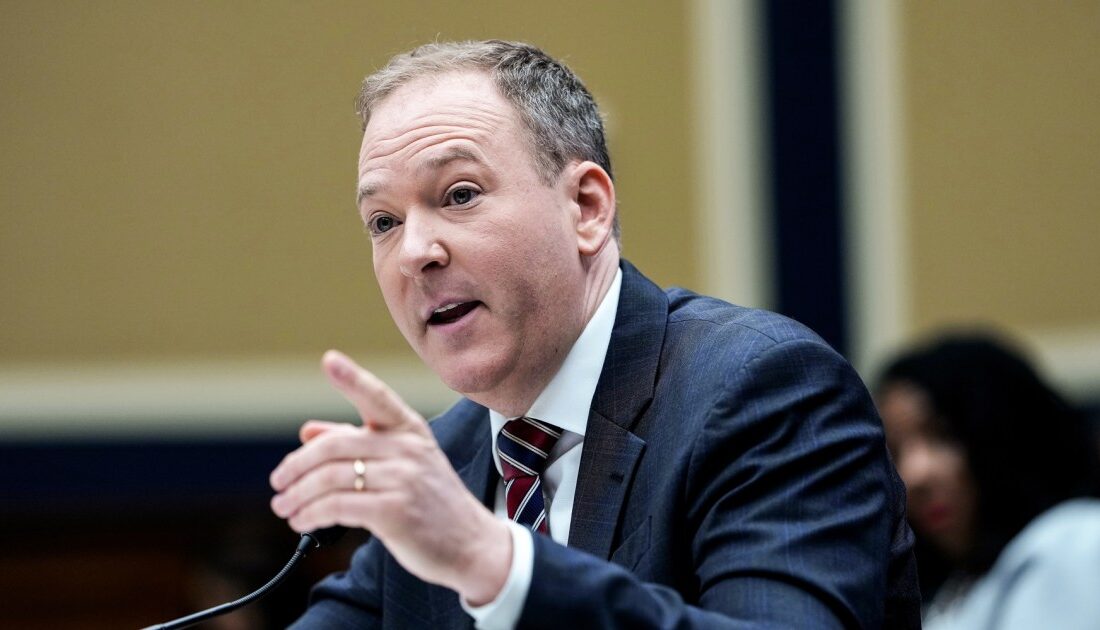EPA Administrator Lee Zeldin’s Controversial Defense of Carbon Dioxide Emissions
Zeldin’s Defense of Pollutants Raises Eyebrows
Harmful pollutants find a staunch ally in Environmental Protection Agency (EPA) Administrator Lee Zeldin. Recently, Zeldin delivered a strikingly impassioned defense of toxic emissions during an appearance on Fox Business. His comments have reignited debates surrounding environmental policy and the administration’s stance on climate change.
A Misguided Narrative on Carbon Dioxide
In his latest remarks, Zeldin claimed that carbon dioxide, a well-known greenhouse gas contributing to climate change, has been unfairly characterized by previous Democratic administrations. He implied that the issues associated with carbon emissions have been exaggerated, calling into question the scientific consensus on their harmful effects.
“They’ll say that carbon dioxide endangers public health, that carbon dioxide is a pollutant, and they’ll never talk about anything that is good or important about it,” Zeldin asserted.
This statement runs counter to the rigorous scientific assessments that have long established the detrimental impact of carbon emissions on public health and the environment.
Misrepresentation of Scientific Evidence
Zeldin went on to suggest there’s a lack of scientific proof linking carbon dioxide emissions to negative health outcomes — a claim that directly contradicts studies endorsed by the EPA itself. This assertion raises questions about the accuracy and reliability of the information being disseminated by the agency.
During the Obama era, the EPA released educational materials explaining that while some greenhouse gases, such as carbon dioxide, are essential for a healthy ecosystem, the combustion of fossil fuels significantly drives climate change and its adverse effects.
A Political Agenda in Favor of Big Oil
As Zeldin champions the interests of the fossil fuel industry, it’s crucial to consider the broader implications of his statements. Former President Donald Trump’s 2024 presidential campaign notably sought to align with Big Oil executives, promising to support their interests in exchange for political backing. Zeldin’s rhetoric reflects a continued commitment to pro-pollution policies under the current administration.
Final Thoughts
In today’s climate of rising environmental concerns, Zeldin’s remarks serve as a reminder of the ongoing struggle between science and politics in the narrative surrounding climate change. With misinformation easily spreading, it’s imperative for the public to critically analyze such claims and hold leaders accountable for promoting factual discourse on climate issues.
As a final note, the complexities of environmental governance require transparency and a commitment to science-driven policies. The public deserves to access credible information that acknowledges the realities of climate change and the impacts of greenhouse gas emissions.


